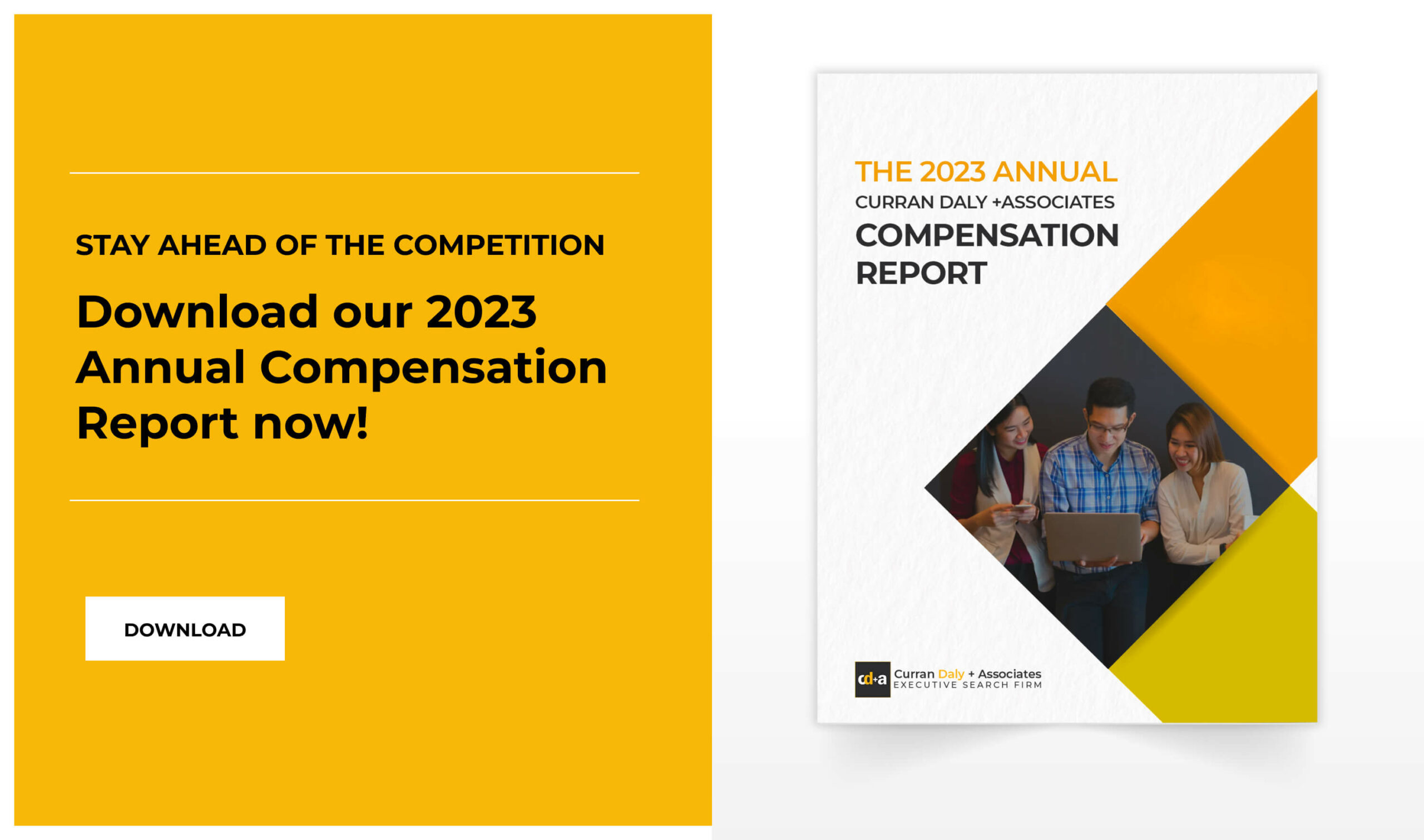The Philippines information technology and business process outsourcing (IT-BPO) industry is mature and evolving. It is a key driver of the Philippines’ economic growth.
The success of the Philippine IT-BPO industry can be traced to a number of factors. These include an abundance of low-cost, English speaking workforce, reliable telecommunications infrastructure, government support, low-cost real estate, strong industry association and leadership, and many others. Yi (2011) broadly categorized these factors into 1) favorable factor and industry conditions, 2) government support, and 3) favorable demand conditions.
While there are many favorable factors and industry conditions at play, much is needed still in terms of infrastructure. The Asian Development Bank (ADB) estimates that between 2010 and 2020, the Philippines needs to invest $127 billion in infrastructure to stave off an infrastructure crisis that would be an offshoot of growing population and rising incomes.
Information Technology and Communications Infrastructure
ICT services uptake in the Philippines is relatively weak. This can be attributed to the inadequate ICT infrastructure and relatively high cost associated with it. Hence, improvement is pretty slow.
In fact, the International Telecommunications Union (ITU) showed that in 2016, the Philippines practically maintained its rank (107th place from 106th in 2015) in terms of ICT Development despite advances in the areas of access and use of ICT.
Download: Measuring the Information Society Report 2016
Table 1: ICT Development Index of ASEAN member states, 2012-2016
| 2012 | 2013 | 2014 | 2015 | 2016 | ||||||
|---|---|---|---|---|---|---|---|---|---|---|
| Rank | Index | Rank | Index | Rank | Index | Rank | Index | Rank | Index | |
| Brunei Darussalam | 63 | 5.36 | 66 | 5.43 | n/a | n/a | 74 | 5.25 | 77 | 5.23 |
| Cambodia | 127 | 2.54 | 127 | 2.61 | n/a | n/a | 127 | 2.78 | 125 | 3.12 |
| Indonesia | 106 | 3.7 | 106 | 3.83 | n/a | n/a | 115 | 3.63 | 115 | 3.86 |
| Lao PDR | 130 | 2.25 | 134 | 2.35 | n/a | n/a | 144 | 2.21 | 144 | 2.45 |
| Malaysia | 66 | 5.18 | 71 | 5.2 | n/a | n/a | 66 | 5.64 | 61 | 6.22 |
| Myanmar | 148 | 1.75 | 150 | 1.82 | n/a | n/a | 153 | 1.95 | 140 | 2.54 |
| Philippines | 102 | 3.91 | 103 | 4.02 | n/a | n/a | 106 | 3.97 | 107 | 4.28 |
| Singapore | 15 | 7.85 | 16 | 7.9 | n/a | n/a | 19 | 7.88 | 20 | 7.95 |
| Thailand | 91 | 4.09 | 81 | 4.76 | n/a | n/a | 79 | 5.05 | 82 | 5.18 |
| Viet Nam | 99 | 3.94 | 101 | 4.09 | n/a | n/a | 105 | 4.02 | 104 | 4.30 |
| No. of countries | 166 | 166 | n/a | 167 | 175 | |||||
Note: 2012 figures are from the 2014 report, 2013 figures are from 2015 report, and 2015 and 2016 figures are from the 2016 report. Source: ITU
Also, the cost of ICT services in the country is quite high. In comparison with ASEAN neighbor countries, ICT services in the Philippines are among the highest.
The Philippines improved in protecting intellectual property as well as preventing software piracy, which is considered vital factors driving innovation. According to the same ITU report, the Philippines also displayed a great leap in international Internet bandwidth (measured in kb/s per user).
Moreover, with the creation of a separate cabinet portfolio for ICT, the Department of Information and Communications Technology, and the commitment of the Duterte administration to usher the “Golden Era of Infrastructure” by further increasing government spending on infrastructure, we can look forward to more investments and improvement in the ICT infrastructure of the country.
Emerging BPO and knowledge hubs
The development of knowledge hubs was started by the Philippine government, in partnership with the Asian Development Bank, back in 2012. Over the course of three years, knowledge hubs were established in Luzon, Visayas, and in Mindanao – this was called the IT-BPM Industry Knowledge Hub Project.
The IT-BPM Industry Knowledge Hub Project aims to align knowledge creation with the needs of the business process outsourcing industry. It also seeks to prepare graduates for careers in the BPO industry. This is the government’s effort to support knowledge-based socioeconomic development.
Moreover, to ensure competitiveness, the IBPAP developed the Service Management Program (SMP). The SMP is designed to be integrated into collegiate curricula. It is 21-unit minor designed to increase competitiveness in the global market. It is being rolled out across 17 state universities and colleges with support from the government’s higher education commission.
The BPO industry has also expanded to other areas in the country outside the major city centers — these are the Next Wave Cities. Both the Department of Information and Communications Technology and the IBPAP has laid out The Next Wave Cities Program. The program is designed to bolster more IT-BPM work outside Metro Manila.
See IBPAP’s full IT-BPM Industry Report 2015 here.
Greater Trade Liberalization and PPPs
The Philippine IT-BPO industry buoys the Philippine economy. It is a vital source of income posed to overtake overseas Filipino workers remittance in the next few years. And its success as an industry is a ‘compelling argument’ for greater globalization and greater liberalization of trade services.
The Philippines is poised towards this end. During the Asia-Pacific Economic Cooperation (APEC) Summit and the Association of Southeast Asian Nations (ASEAN) Summit, the Philippines was able to put forward its goal to further liberalize trade in services. The country reiterated its commitment to easing even further investing and doing business in the country and favoring Public-Private Partnership. The Philippines hosted both the APEC and ASEAN Summit.
Final Thoughts
The Philippine IT-BPO industry is a mature and evolving industry. Critical, however, to its continued growth are factors like infrastructure, talent supply, and costs. While cyber security and the protection of intellectual property rights in the Philippines have improved in the past two years, general improvements in the Philippine telecommunications infrastructure has been slow. The country still lags behind in terms of bandwidth and connectivity penetration.
Moreover, traditional infrastructure segments like roads, ports, and other connectivity infrastructure has been left significantly unaddressed over the past two years. The Duterte administration, however, has vowed to usher in the “Golden Era of Infrastructure”, something the BPO industry should









0 Comments